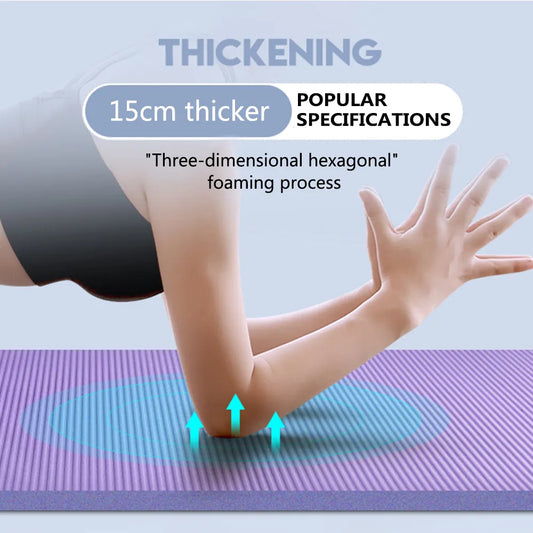Fitness training is an integral part of a healthy and fulfilling life for many people. Here's why:
-
Physical Health: Fitness training contributes to overall physical health by improving cardiovascular fitness, muscle strength, endurance, flexibility, and balance. Regular exercise helps reduce the risk of chronic diseases such as heart disease, diabetes, obesity, and osteoporosis.
-
Mental Health: Fitness training has numerous benefits for mental health, including stress reduction, mood enhancement, and improved cognitive function. Exercise stimulates the release of endorphins, neurotransmitters that promote feelings of well-being and happiness.
-
Emotional Well-being: Fitness training provides an outlet for emotional expression and stress management. Physical activity can help individuals cope with life's challenges, reduce anxiety and depression, and improve self-esteem and confidence.
-
Social Connection: Fitness training offers opportunities for social interaction and community engagement. Group fitness classes, sports teams, and outdoor activities provide avenues for connecting with others, building friendships, and fostering a sense of belonging.
-
Quality of Life: Fitness training enhances overall quality of life by improving physical function, energy levels, and vitality. Regular exercise allows individuals to maintain independence, perform daily activities with ease, and pursue hobbies and interests with enthusiasm.
-
Longevity: Fitness training is associated with increased longevity and a higher quality of life in later years. Regular exercise helps maintain mobility, cognitive function, and independence as individuals age, reducing the risk of disability and chronic illness.
-
Personal Growth: Fitness training fosters personal growth and self-improvement by challenging individuals to set and achieve fitness goals, overcome obstacles, and push beyond their comfort zones. The discipline, determination, and resilience cultivated through fitness training can translate into other areas of life.
-
Balance and Well-being: Fitness training promotes balance and well-being by encouraging individuals to prioritize self-care, establish healthy habits, and maintain a balanced lifestyle. Regular exercise is just one component of a holistic approach to health that includes proper nutrition, adequate rest, and stress management.
Overall, fitness training plays a vital role in supporting physical, mental, and emotional well-being, contributing to a fulfilling and meaningful life. By making fitness a priority and incorporating regular exercise into daily routines, individuals can enjoy the myriad benefits that come with living an active and healthy lifestyle.




















